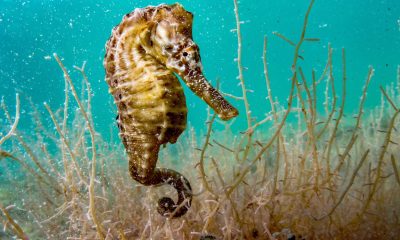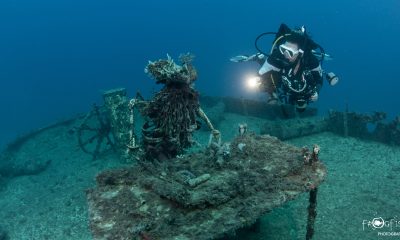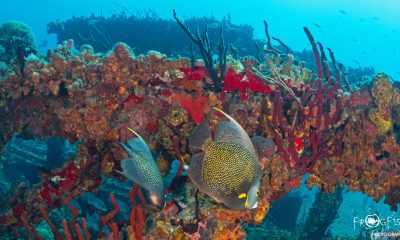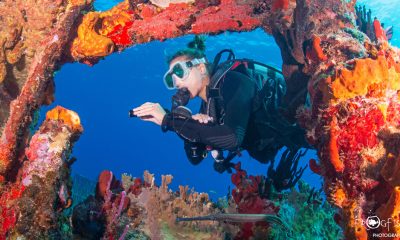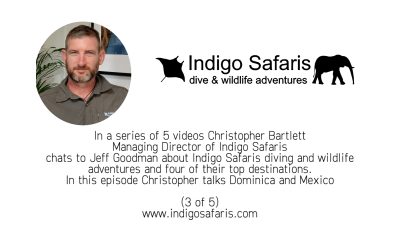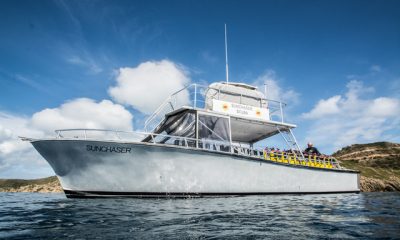News
Blue Marine Foundation launches new partnership with Dutch Caribbean Nature Alliance

Ocean charity makes initial grant of $90,000 to marine parks on six Dutch Caribbean islands. Award will fund projects including coral protection, and training youth marine rangers.
Ocean conservation charity Blue Marine Foundation has announced it is awarding $90,000 in funding to support marine conservation in the Dutch Caribbean. A range of projects run by protected area management organisations on six islands will each receive a grant of $15,000. The funding is the first step in a longer-term partnership to support the islands and help secure sustainable financing through the Dutch Caribbean Nature Alliance (DCNA) Trust fund.
To improve ocean governance, Blue Marine uses a combination of top-down intervention and bottom-up project delivery to help local communities at the front line of conservation. It will work together with the DCNA to help marine-park organisations protect the unique and threatened biodiversity of the Dutch Caribbean.
The new partnership is an important development in the successful management of marine conservation parks in the Dutch Caribbean. The UK-based charity has established a small-grants fund to provide rapid access to support for critical conservation projects run by marine parks.
The individual projects and their local partners are:
- Aruba: monitoring water quality in its Marine Protected Area (MPA) and wetlands, in conjunction with Fundacion Parke Nacional Aruba (FPNA)
- Bonaire: assessing losses of stony corals (Acroporids e.g. staghorn and elkhorn coral), and their potential future recovery, in conjunction with Stichting Nationale Parken Bonaire (STINAPA Bonaire)
- Curaçao: establishing a bus transport marine education program and youth marine ranger program, in conjunction with Caribbean Research and Management of Biodiversity (CARMABI)
- Saba: provision of a climate control room for the new marine field station, in conjunction with the Saba Conservation Foundation (SCF).
- Sint Eustatius: assessing the health of coral, the abundance of fish life and the diversity of reefs, in conjunction with Eustatius National Parks Foundation (STENAPA)
- St Maarten: monitoring marine habitats, in conjunction with Nature Foundation St. Maarten (NFSXM)
Unique ecosystems on the islands are vulnerable to threats such as feral livestock causing sedimentation on reefs, and invasive species, including lionfish and coral diseases. They are also at risk from overfishing, climate change, coastal development, erosion and the build-up of harmful algae caused by waste water.
The islands of the Dutch Caribbean are also home to important “blue carbon” habitats – ocean ecosystems such as seagrasses, mangroves and other marine plants that suck up and lock away carbon from the earth’s atmosphere. Seagrass is so efficient at this it can capture and store carbon dioxide up to 35 times faster than tropical rainforests. The management and protection of these blue carbon habitats is vital in the fight against climate change.
Current marine conservation measures in the islands include a 25,390 square km mammal and shark sanctuary- Yarari sanctuary- across the Exclusive Economic Zone of Bonaire, Saba and St Eustatius. All six islands have inshore Marine Protected Areas ranging in size from 10 to 60 sq km.
Blue Marine’s Senior Project Manager Jude Brown commented: “Having recently visited two of the islands, I witnessed first-hand how special this region is. Diving the waters off Saba I saw huge Tarpon swimming amongst shoals of blue tang, and hawksbill turtles feeding on the seagrass beds. I also witnessed the challenges these islands are facing from coral disease to issues with coastal development. It is an exciting opportunity to work in the Dutch Caribbean, bringing expertise and funding from Blue Marine to join with the wealth of knowledge already on the islands, to work together to protect the important marine life arounds these islands.”
Tadzio Bervoets, Director of the DNCA commented: “The Dutch Caribbean consists of the Windward Islands of St. Maarten, Saba, and St. Eustatius and the Leeward Islands of Aruba, Bonaire and Curaçao. The nature of the Dutch Caribbean contains the richest biodiversity in the Kingdom of the Netherlands. The diverse ecosystems are a magnet for tourism and at the same time the most important source of income for residents of the Dutch Caribbean. Nature on the islands is unique and important but it is also fragile. The coming week we will be in The Netherlands to present a Climate Action Plan for the Dutch Caribbean to emphasize the urgent need for a climate smart future for our islands.”
Photo: Coral reefs in the Dutch Caribbean- Photo credit: Naturepics: Y.+T. Kühnast- all rights reserved
News
Seahorse National Park announced on Eleuthera in The Bahamas
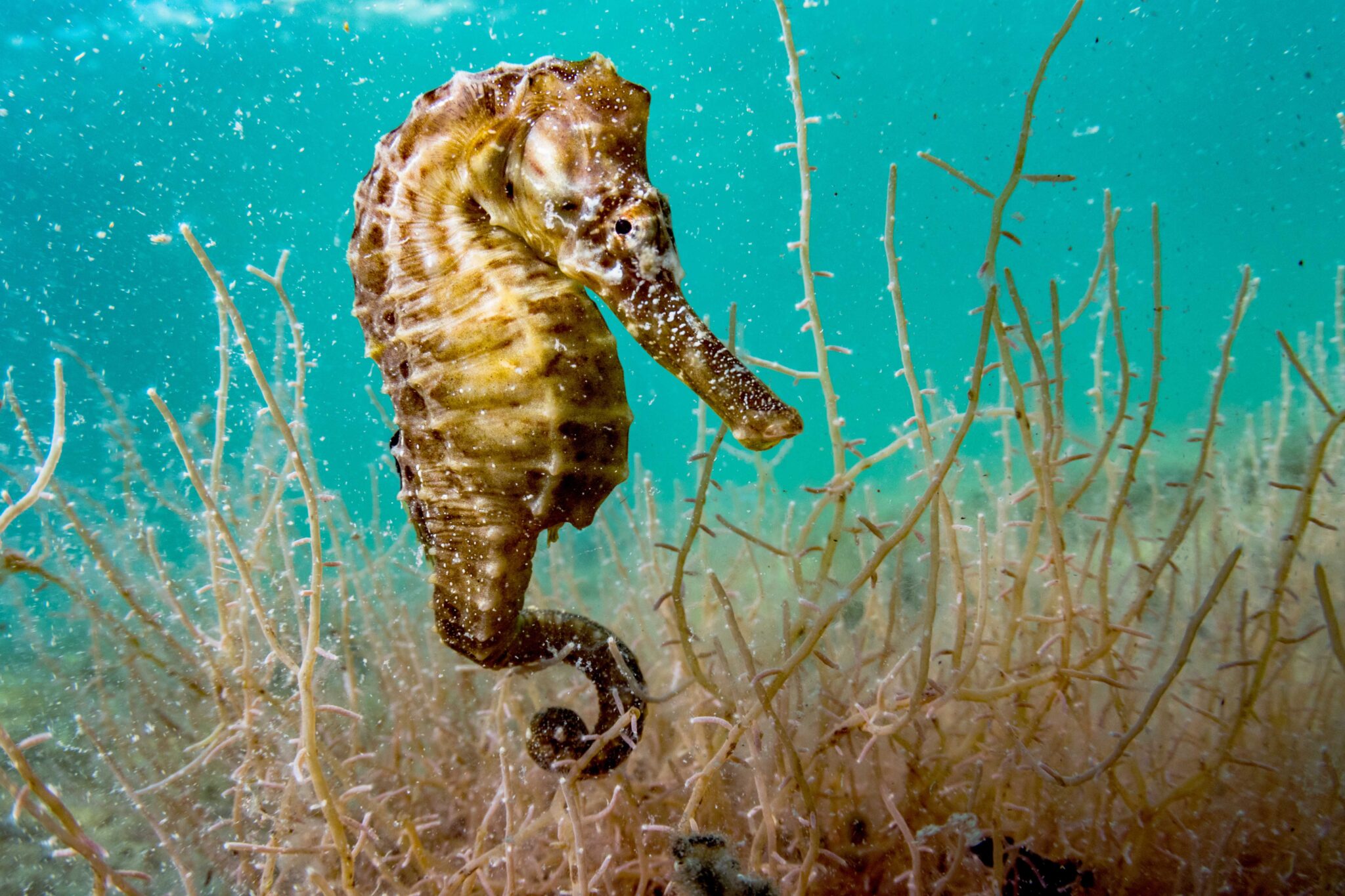
This week has seen the announcement of the designation of Seahorse National Park at Hatchet Bay Cave and Sweetings Pond on Eleuthera. This monumental announcement comes after years of efforts from the BNT and its partners in advocating for the protection of Sweetings Pond and its surrounding areas as an official national park under the BNT’s management.
Sweetings Pond is a large, land-locked saltwater pond in Hatchet Bay, Eleuthera. It has many unique natural features, but the most notable of them all is its incredible seahorse population, which is believed to be the densest population of seahorses in the world. The new 548-acre national park protects the entire one-mile-long pond and the surrounding terrestrial area. The land surrounding Sweetings Pond is a blend of intact coppice, mangroves, and farmlands. In addition, the new national park includes the extensive Hatchet Bay Caves system. This historic cave system is a popular attraction and contains a number of impressive geological features. It is one of the longest dry cave systems in The Bahamas.
Since 2014, the BNT has been leading efforts to have the area declared as a national park. This included years of public outreach and stakeholder consultations in communities across Eleuthera; education presentations in local schools; science and research efforts; and engaging consecutive government administrations. In 2018, the BNT submitted the “20 by 20 Marine Protection Plan” to the government, which included the recommendation to declare Sweetings Pond and other areas in The Bahamas as protected areas.
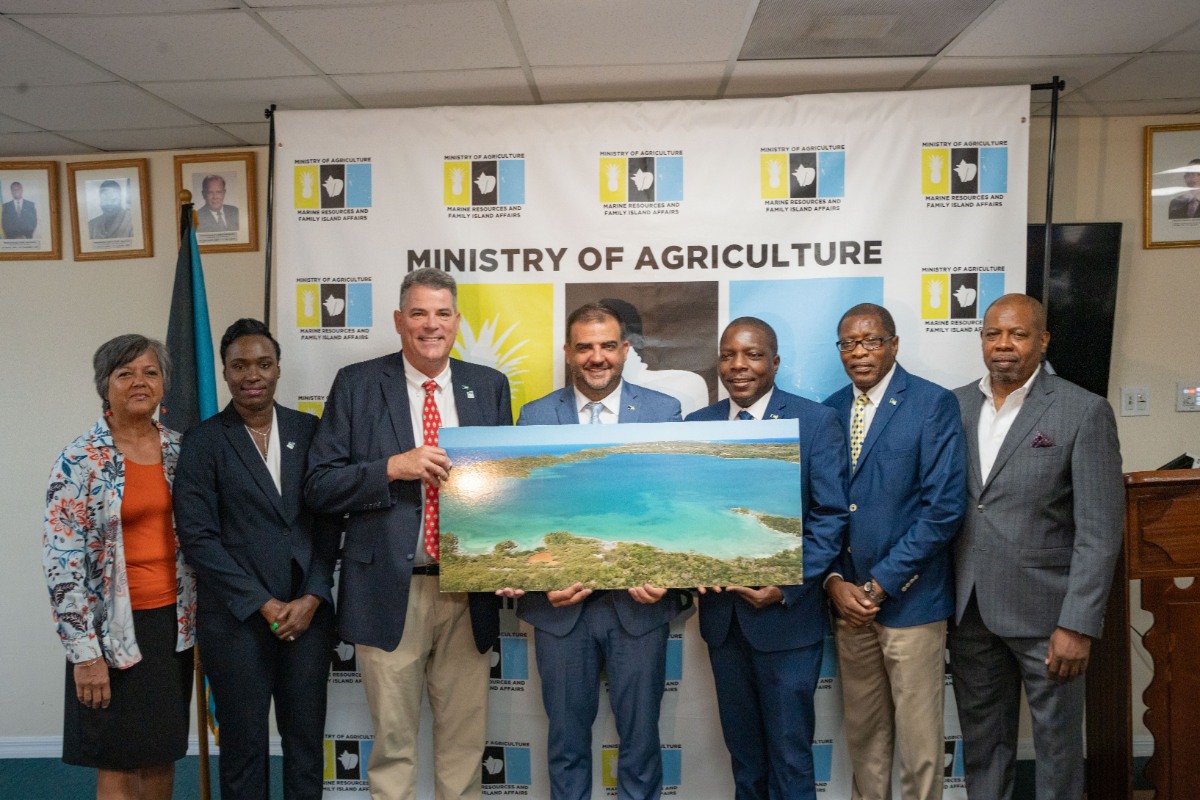
During the lease signing ceremony for Seahorse National Park, Minister Clay Sweeting, said, “This lease agreement for Sweetings Pond has been a long time coming. It represents a milestone in our journey towards sustainable development. It symbolises our collective responsibility to safeguard our natural heritage and create a harmonious relationship between economic progress and environmental preservation.
“I would like to express my gratitude to all stakeholders in this process of drafting and finalising this lease agreement. Their dedication, expertise, and commitment has been crucial in ensuring that this agreement falls in line with our vision of creating a thriving ecosystem while promoting responsible usage. Let us continue to preserve the jewel that is Sweetings Pond for many generations to come.”
The BNT invites the public to stay tuned for more news about its plan for the country’s newest national park: Seahorse National Park at Hatchet Bay Cave and Sweetings Pond!
To learn more about the role the BNT plays in managing terrestrial and marine national parks, conserving wildlife, and informing environmental policy, please visit its website: www.bnt.bs
Follow/subscribe to its various social media channels: Facebook, Instagram, Twitter, and YouTube.
Banner Image: A lined seahorse (Hippocampus erectus), female, clining to algae in an alkaline pond in The Bahamas by Shane Gross
News
PADI Club invites Ocean Lovers on exclusive dive trip to Bonaire this September
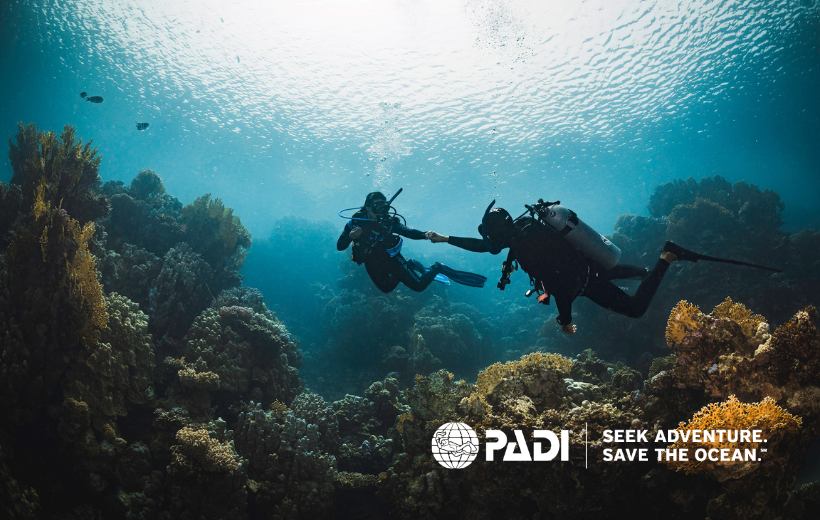
Following the popularity of the PADI Club trip to Belize at the end of July, a second “dive trip of a lifetime” has just been announced by PADI Club to Bonaire this September 23-30, 2023.
Offered exclusively for PADI Club members as part of their yearly benefits, attendees will get to seek adventure while staying at the all-inclusive Buddy Dive Resort, one of PADI’s premier members on the island. Other PADI Members in Bonaire – including Toucan Divers, Divi Flamingo, Wanna Dive, Dive Friends and Scuba Do – will also be hosting various dive experiences throughout the week.
“Bonaire is a unique and beautiful gem in the Dutch Caribbean and we want to show our Club Members this little island looms large as a dive destination,” says Zach Pavkov, PADI Club Operations Manager. “This trip offers participants a chance to not only explore a world-class diving destination but do so through some of the very best PADI Operators.”
PADI Club members will receive a generous discount for this seven-day diving adventure, with packages starting at $1,739 per diver for double occupancy.
Included in the package are:
- social events that include hosted dinners, cocktail parties and live music
- transportation in Buddy Dive Resort’s famous pick-up truck
- daily shore diving and boat diving
- accommodation, with the option to share a room with another solo diver or rent out one, two and three-bedroom apartments to host larger groups of divers
- surface interval activities that include PADI Seminars and island excursions like hiking and bird-watching.
“Because the water surrounding Bonaire has been an established marine park for 44 years, Bonaire is now a top-ranked destination with abundant marine life that includes scorpionfish, flounder and frogfish, moray eels, hawksbill turtles and eagle rays, ” continues Pavkov.
With limited spots available, the list of participants will be decided on a first-come, first-served basis. Those who are not yet PADI Club Members but are interested in joining the trip can sign-up, which will also give them access to:
- 20% of PADI eLearning® programs and PADI Gear™
- a free ReActivate® online refresher
- a free DAN® Prepared Diver course
- a subscription to Scuba Diving® magazine
- access to the PADI Club Celebrity Speaker Series webinars
- brand partner benefits from GoPro, Uber, Salt Life and more
To further support ocean lovers to create positive ocean change, five percent of the PADI Club membership fee will go towards supporting conservation efforts around the globe.
“PADI Club benefits are designed not just to empower divers to explore the ocean, but also enable them to play a pivotal role in saving the ocean too,” says Pavkov. “This year’s additional expedition to Bonaire gives our community the chance to come together and explore our shared blue planet in a truly meaningful and connected way.”
Click here to sign up for PADI Club and reserve your spot here to join the Bonaire dive trip.



